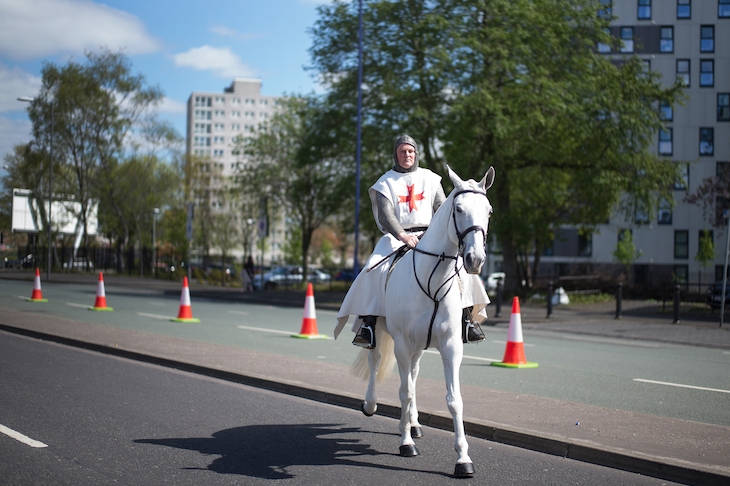Brexit is often said to be driven by English nationalism. In recent decades England has certainly become a less shy country, made aware of itself thanks to the growth of Scottish and Welsh national consciousness and the banal fact that we now talk about the English NHS, English schools, and so on, in a way that we never used to prior to devolution.
Yet on today’s English national day I saw not a single flag of St George flying on the train journey from London to Cambridge and back (travelling through Essex, supposedly one of the heartlands of English nationalism). And when I opened my Sunday papers I found no reference to it at all. (Though Jeremy Corbyn did briefly grab the lead item on the BBC News with his suggestion of a national holiday on St George’s day.)
As I argue in my new book The Road to Somewhere (about the value divides that have led to Brexit) one of the unspoken fault lines in modern politics is between those, mainly conservatives and centrists, who see racism and nationalism as hostility to out-groups and those, mainly liberals and leftists, who see them as not only that but also about too strong an attachment to your own ethnic or national group.
It is, of course, possible to have too strong an attachment to your own group which is why we have the rule of law and anti-discrimination laws.








Comments
Join the debate for just $5 for 3 months
Be part of the conversation with other Spectator readers by getting your first three months for $5.
UNLOCK ACCESS Just $5 for 3 monthsAlready a subscriber? Log in